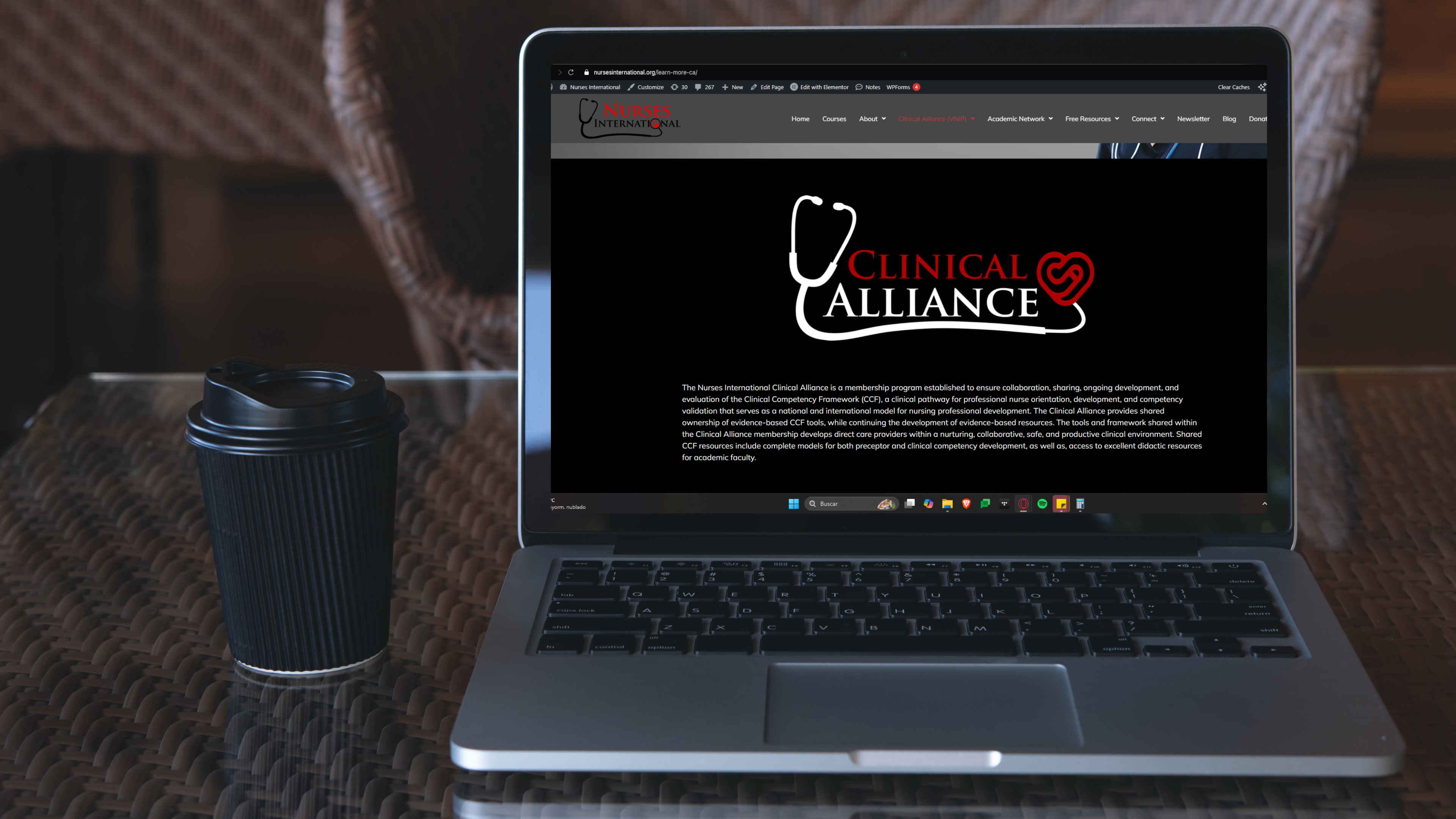
Transforming Nursing Education Through the Clinical Alliance
The landscape of nursing professional development has been significantly enhanced by the Vermont Nurses in Partnership (VNIP), now called the Clinical Alliance, operating under Nurses International. This initiative has evolved into a dynamic collaborative force that ensures the ongoing development, sharing, and evaluation of the Clinical Competency Framework (CCF). The framework supports preceptor development, clinical competency validation, and coaching plans for nursing professionals (Boyer & Chickering, 2024).

A Collaborative Model for Nursing Development
Healthcare organizations joining the Clinical Alliance gain access to evidence-based CCF tools and resources while contributing to its ongoing development. This shared ownership model creates a continuous cycle of improvement, where real-world insights refine the framework and best practices are rapidly disseminated among member organizations (Boyer, Valdez-Delgado, & Mann-Salinas, 2018).
Members receive comprehensive resources spanning the full spectrum of nursing professional development. These include models for preceptor development, clinical competency validation tools, and didactic resources for academic faculty. The framework provides teaching guidelines, specialty-specific coaching plans, and adaptable competency templates for various healthcare settings.
Evidence-Based Implementation Across Healthcare Settings
The CCF’s effectiveness has been demonstrated in diverse environments, from Centers for Nursing to major hospital systems and Indian Health Services. Its adoption by U.S. military medical systems highlights the need for standardized nursing development practices (Boyer et al., 2018). This implementation confirms the framework’s adaptability and value.
Addressing Contemporary Nursing Challenges
Recent research by Chicca & Hubbard (2024) highlights the complexities faced by nurses transitioning to new specialties, impacting relationships, workplace dynamics, and patient care.
Experienced nurses often face emotional and professional challenges during transitions, experiencing anxiety and stress. These emotions can affect their interactions and ability to process new information (Chicca & Hubbard, 2024).
The Clinical Alliance framework addresses these challenges by providing structured preceptor programs and coaching plans, creating supportive environments for transitioning nurses. This approach helps prevent what Chicca & Hubbard (2024) describe as the “super nurse” phenomenon, maintaining professional relationships.
Professional identity is a key concern in these transitions. Many experienced nurses struggle with feeling “lumped in with newer nurses.” The Clinical Alliance framework acknowledges prior experience while offering clear pathways for specialty-specific expertise, maintaining professional dignity, and ensuring effective patient care.

Creating Sustainable Development Models
The Clinical Alliance’s approach to nursing professional development extends beyond traditional orientation programs. It establishes sustainable models that support nurses throughout their careers, from initial practice transitions to advancement into specialty settings.
This approach aligns with Chicca & Hubbard’s (2024) findings on fostering healthy relationships, emphasizing individualized plans and positive work environments. Through its resources and networking opportunities, the Clinical Alliance helps create environments where experienced nurses can transition successfully.
Networking and Knowledge Exchange
One of the most valuable aspects of the Clinical Alliance is its ability to facilitate meaningful connections between healthcare educators and organizations. This networking fosters the exchange of implementation strategies, discussion of challenges, and collaborative development of solutions. The result is a dynamic learning community that continuously enhances nursing professional development practices.
Looking Forward
The framework provides standardized competency validation methods and clinical coaching plans that ensure consistent quality across healthcare settings (Boyer et al., 2018).
As healthcare continues to evolve, the Clinical Alliance remains at the forefront of nursing professional development. Through ongoing research and development, the Alliance adapts to emerging healthcare needs while maintaining its commitment to evidence-based practice. This adaptability, combined with its collaborative approach, positions the Alliance as a leader in shaping the future of nursing education and development.
Join the Clinical Alliance Today
The Clinical Alliance represents a transformative force in nursing professional development. By providing evidence-based tools, fostering collaboration, and supporting both individual nurses and healthcare organizations, it addresses the essential elements for successful nursing transitions and professional growth.
Sign up today to transform your organization’s professional development approach! Gain immediate access to evidence-based competency frameworks, teaching resources, and a global network of practice-based educators.
References
Boyer, S., & Chickering, M. (2024). Perspective Chapter: Clinical Competency Framework – Standardized Nurse Competence Development. In Nursing Studies – A Path to Success. IntechOpen. https://www.intechopen.com/chapters/1173215
Boyer, S., Mann-Salinas, E., & Valdez-Delgado, K. (2018). Clinical Transition Framework: Integrating Coaching Plans, Sampling, and Accountability in Clinical Practice Development. Journal for Nurses in Professional Development, 34(2), 84-91. https://pubmed.ncbi.nlm.nih.gov/29481463/
Chicca, J. & Hubbard, H. (2024). Supporting Healthy Nurse-to-Nurse Relationships as Experienced Nurses Transition to New Clinical Specialties. OJIN: The Online Journal of Issues in Nursing, 29(2), 4. https://doi.org/10.3912/OJIN.Vol29No02Man04
Author: Samantha Baboolal
Nurses International is a non-profit entirely focused on helping nurses obtain the education and the support they need to make a difference in developing nations worldwide.
We connect colleges and institutions with experts who can take their nursing programs to the next level. We help establish new nursing programs where they’re needed most. And we eliminate the barriers that stand between students and education.
QUICK LINKS
CONTACT US
FOLLOW US
EIN: 46-4502500